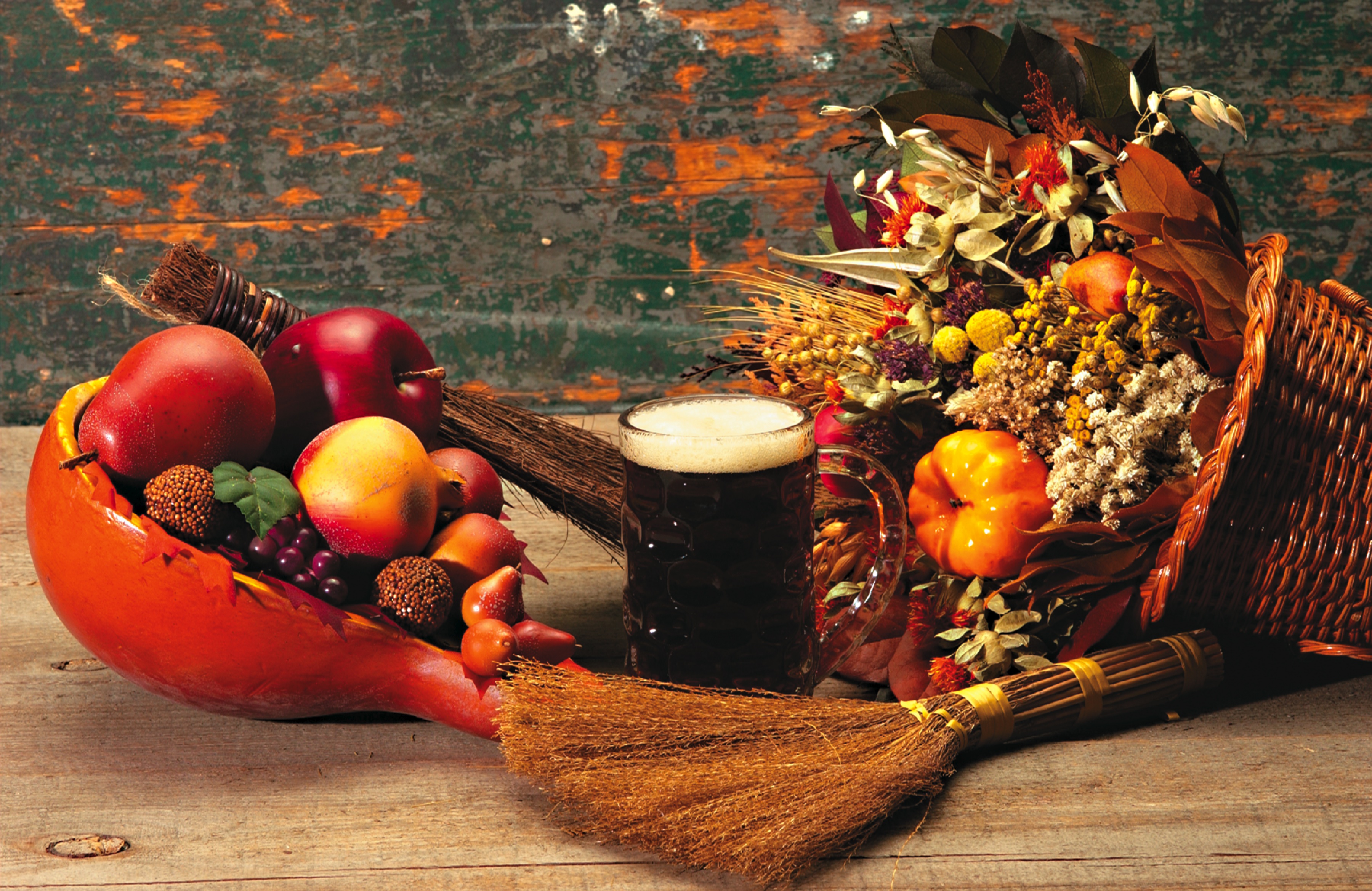For millennia, we were primarily an agricultural people. The ebb and flow of the seasons determined much of the rhythm of human culture. In our developed world, agriculture still occupies a lot of land, but the space it occupies in our collective psyche has shrunk almost to nothing.
Technology had yet to triumph over nature, and brewers were forced to adapt their beers and brewing practices to suit the season at hand.

(Kinsley Dey)
In the urban world, it’s easy to forget that agriculture is a dicey, exhausting and often tedious business. Success is never assured, and no matter what the effort, disaster always looms. Getting the last kernel of grain into the barn is the triumphal culmination of a whole year’s worth of worry and sweat. Such a supremely elating moment deserves celebration, and what could be better than a well-brewed beer to preside over the harvest festivities. As one old poem goes: “And free beer clearly/ like no other removes the thirst.”
Originally, all beer was seasonal. Technology had yet to triumph over nature, and brewers were forced to adapt their beers and brewing practices to suit the season at hand. In many times and places, the load of bacteria in the warm air prohibited brewing in summer. This meant that the autumn’s beer must be brewed in the spring and stored until needed. Fortuitously, brewers found they could use the remainder of last year’s malt and hops to make their beer beefy enough to stand up to a summer’s worth of aging.



